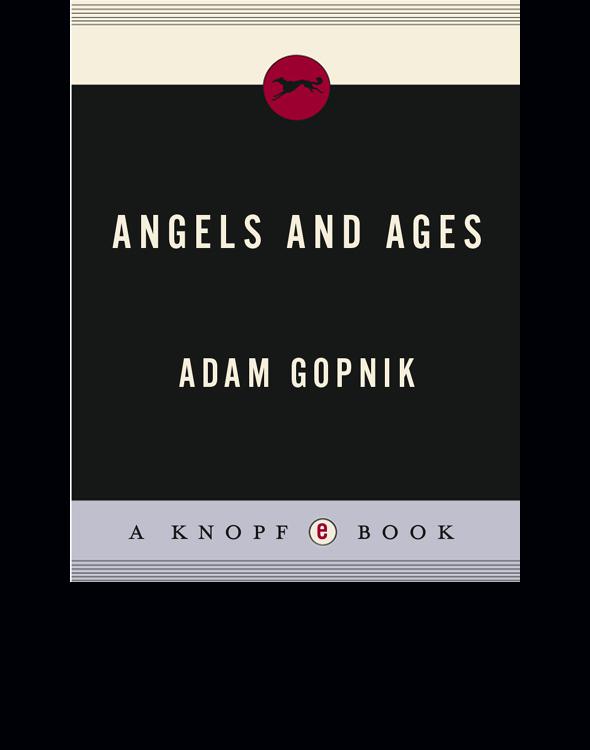
Angels and Ages
Lincoln, Darwin, and the Making of the Modern Age
کتاب های مرتبط
- اطلاعات
- نقد و بررسی
- دیدگاه کاربران
نقد و بررسی

November 17, 2008
In the year of Darwin’s and Lincoln’s bicentennial, New Yorker
contributor Gopnik (Through the Children’s Gate
) can’t resist the temptation to find parallels of cultural impact between the men, born on the same day in 1809, seeing them as twin exemplars of modernity. Gopnik notes that “it is not what they have in common with each other that matters; it is what they have in common with us.
” And that commonality lies in the modern way of speaking (plainly) and thinking (scientific and liberal in the broad sense). But the comparison of the two men feels like a stretch, and Gopnik’s notion that the very idea of democracy was precarious until Lincoln freed the slaves isn’t wholly convincing. In potted biographies of the two, Gopnik emphasizes the influence of Lincoln the lawyer on Lincoln the politician, and Darwin’s unusual abilities as a writer of science. Most successfully, Gopnik underscores the importance of eloquence in spreading new ideas, and his notion that Lincoln and Darwin exemplify the modern predicament—that humans must live in the “space between what we know and what we feel”—is resonant and worth thinking about.

January 15, 2009
This book is about the greatness of two very different men who happened to be born on the same day, February 12, 1809, on different sides of the Atlantic. Gopnik argues that Lincoln's training in the law and Darwin's as a naturalist shaped their writing styles and propelled their thinking on the central issues facing them. Unfortunately for Gopnik, this work just can't compete with such recent Lincoln studies as William Lee Miller's "President Lincoln: The Duty of a Statesman" and Janet Browne's on Darwin. Gopnik's flashy little book is larded with judgments that seem insightful at first but don't unpack well. What does it mean to say that Lincoln and Darwin are "emblematic of figures in the spread of bourgeois liberal democracy, and the central role for science that goes with it"? How is science central to Lincoln's thought in any meaningful way? And how does Darwin's thought symbolize "bourgeois liberal democracy"? This facile observation ties the two figures together but doesn't illuminate them. The book's title refers to Secretary of State Stanton's observation at Lincoln's deathbed, remembered either as "Now he belongs to the angels" or "the ages," but the question as to wording does not provide an adequate organizing framework here. Gopnik refers frequently to other scholars and provides a bibliography but no footnotes or index. Not recommended. [See Prepub Alert, "LJ" 9/1/08.]David Keymer, Modesto, CA
Copyright 2009 Library Journal, LLC Used with permission.

Starred review from December 15, 2008
Building on the coincidence that Abraham Lincoln and Charles Darwin were born on the same dayFebruary 12, 1809Gopnik submits a dual biography, which basicallycontains his musings on the intellectual impact of these protean figures. The perceptive, veryarticulate author (a New Yorker writer) sees Lincoln and Darwin within a specificfocus, namely, the particular issues in each mans life that, once overcome, propelled him into greatness. The real ascent of Lincoln is not from log cabin to White House; it is from backwoods to bar, posits Gopnik; and to him, the problem Darwin faced was also a rhetorical one: how to say something that had never been said before in a way that made it sound like something everybody had always known. The vehicle by which the two menwereable to so successfully purvey their ideas was their special articulateness: Lincoln in his speeches, Darwin in his bookssince, according to Gopnik, literary eloquence is essential to liberal civilization. A not-easily-digestedbut certainlyintriguing treatise, appealing to a popular audienceas the nation and world celebrate the bicentennial of this duos birth.(Reprinted with permission of Booklist, copyright 2008, American Library Association.)

























دیدگاه کاربران